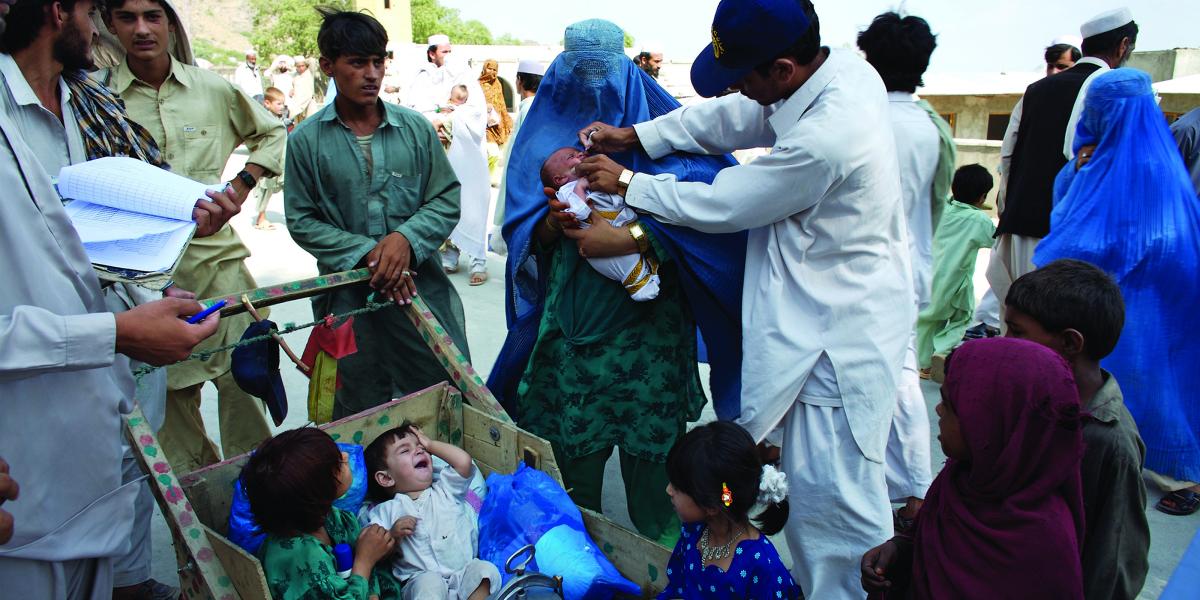Fighting for Docs in War Zones
When ambulance drivers in Gaza told Leonard Rubenstein about being delayed at checkpoints and blocked from hospitals, and when doctors in Kosovo described arrests and torture for providing care for rebels, they echoed the stories of multitudes in Mexico, Libya, Burma and beyond.
"Health workers are trying to do their jobs, consistent with their ethical responsibilities, and are vulnerable because of it," says Rubenstein, JD, LLM, a senior scientist at the Johns Hopkins Center for Public Health and Human Rights and associate faculty of the Berman Institute of Bioethics.
His efforts are focused on a veritable black hole of human rights: the protection of health care in armed and civil conflict.
Egregious and persistent violations of medical neutrality happen all the time all over the world despite a body of international law that explicitly protects health workers and facilities. "Unlike other areas of human rights, where protection and accountability mechanisms have been developed over the past 25 years, international institutions have paid little attention to this problem," Rubenstein says.
Syria and Bahrain, in the news with flagrant attacks on health workers and facilities, represent one extreme according to Rubenstein. Equally troubling are the lower-level unreported violations that simmer for decades in places like Burma (also called Myanmar), where targeted kidnappings, obstructions, invasions and lootings put health workers at risk.
He and colleagues have been working to develop an international system of documentation, prevention and accountability, as well as to drum up support for these efforts from WHO. At a special briefing held March 7, Rubenstein told Congress that greater leadership is needed from the U.S. government to protect physicians and health facilities.
During the week of May 21, he'll be in Geneva, working at the World Health Assembly (the decision-making body of WHO) to promote passage of a resolution mandating the systematic collection and dissemination of documentation of attacks on health care.
On the heels of that event, he'll travel with colleagues to Mae Sot on the Thai- Burma border. Their goal: to develop a uniform questionnaire that's reliable, sensitive and specific enough to be used as a reporting tool by health workers and provide a baseline of evidence. They'll be piloting the project with health workers who originate from and work inside Burma but regularly cross the porous border for retraining and resupplying. By providing emergency and basic health care to refugees fleeing poverty and ethnic fighting, these workers are at constant risk. The potential democratic opening in Burma raises the possibility of a negotiated settlement of its armed conflict with ethnic groups, with guarantees of protection of health care from interference; if so, the tool can then be used as a monitoring device, says Rubenstein, who recently received the American Public Health Association's Sidel-Levy Award for Peace.
Rubenstein and his colleagues envisage the questionnaire as a global tool. "Say you are running a clinic in the countryside, and you've been trained that if a violation happens, you can fill out the form and send it to the WHO country office, which is collecting and collating data," Rubenstein says. "In such a system, the report of the violation may generate action to pressure perpetrators to stop. That's empowering."
